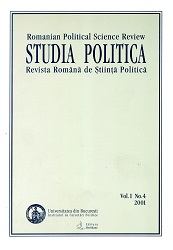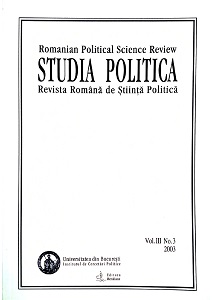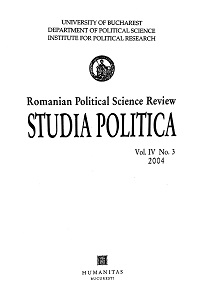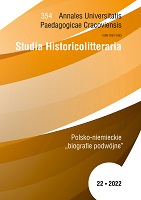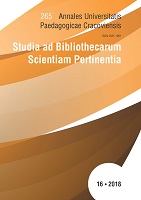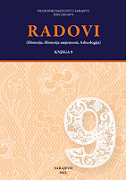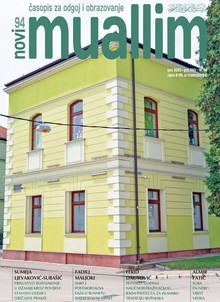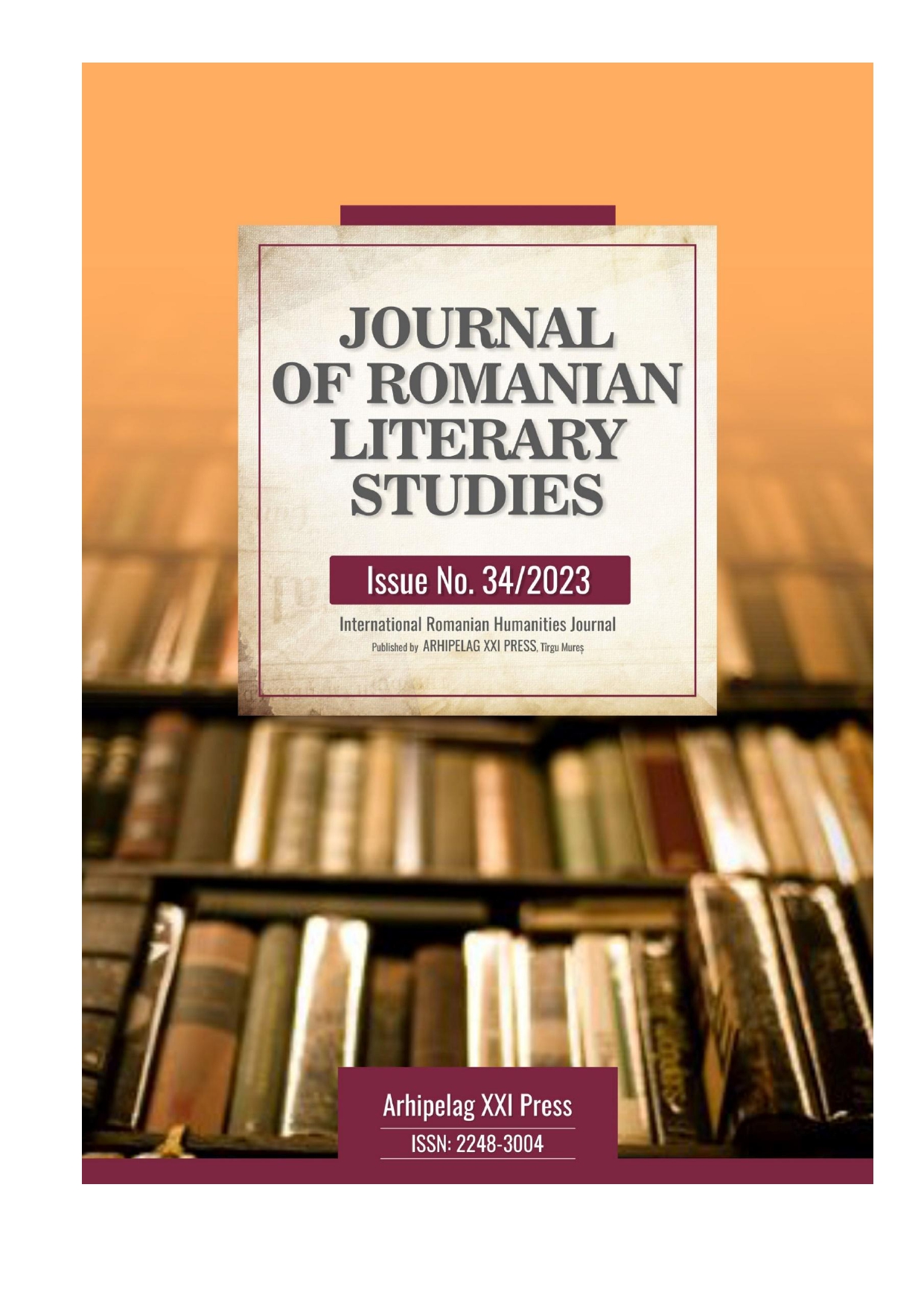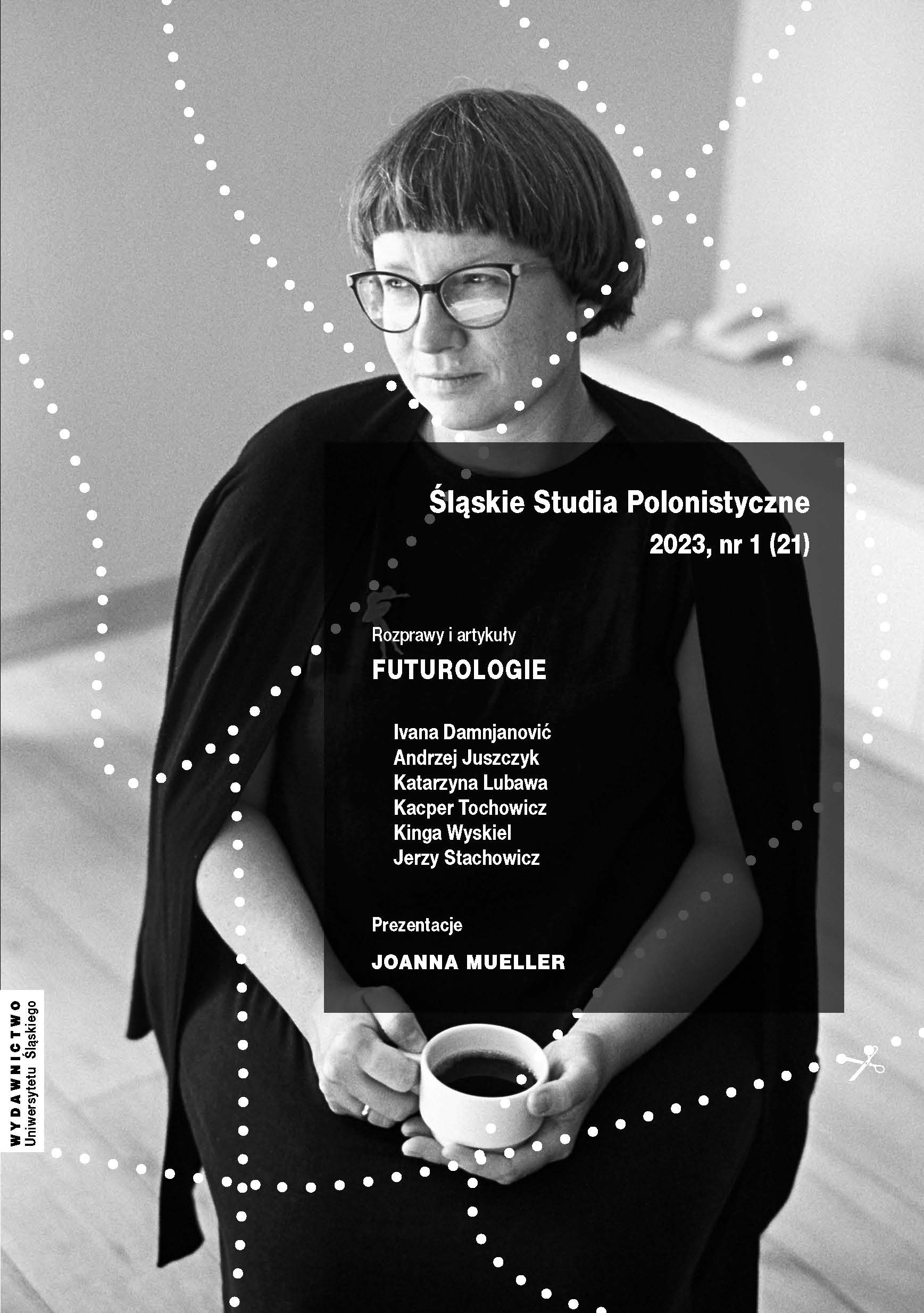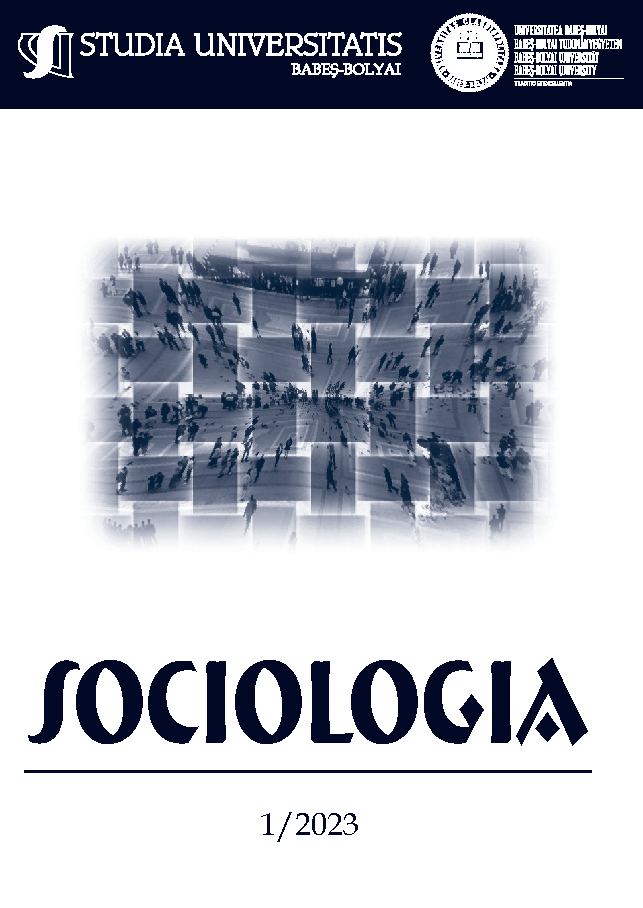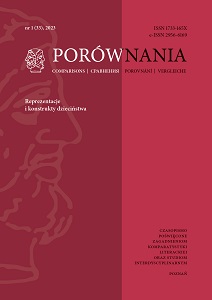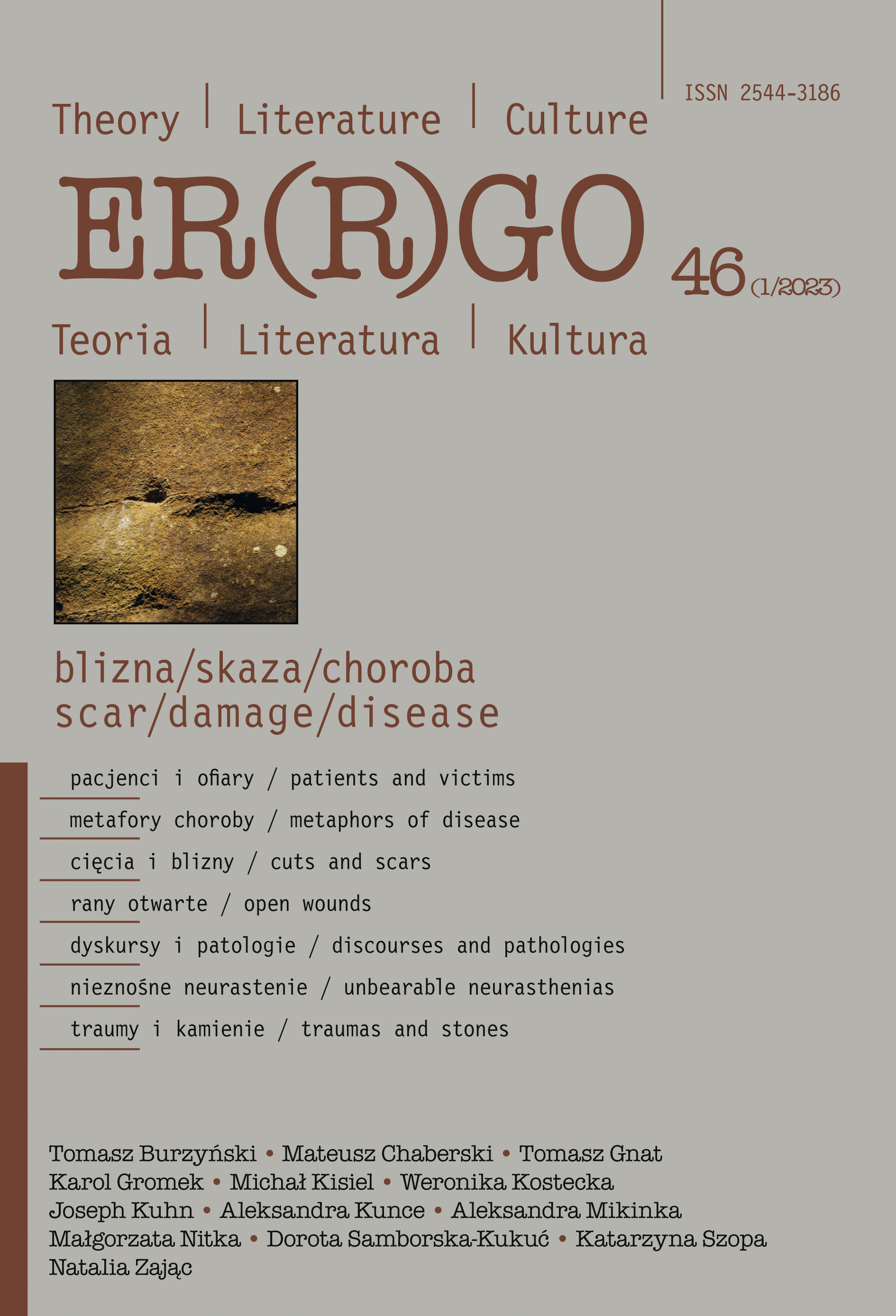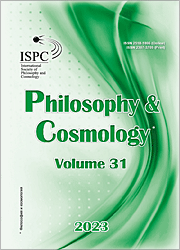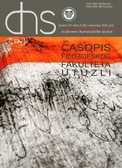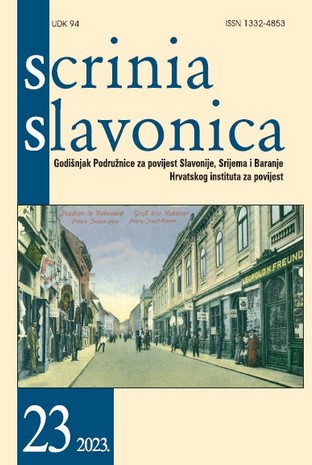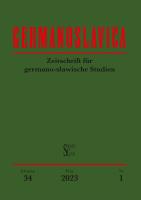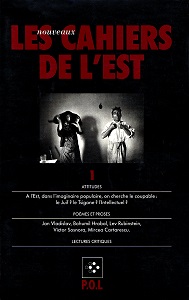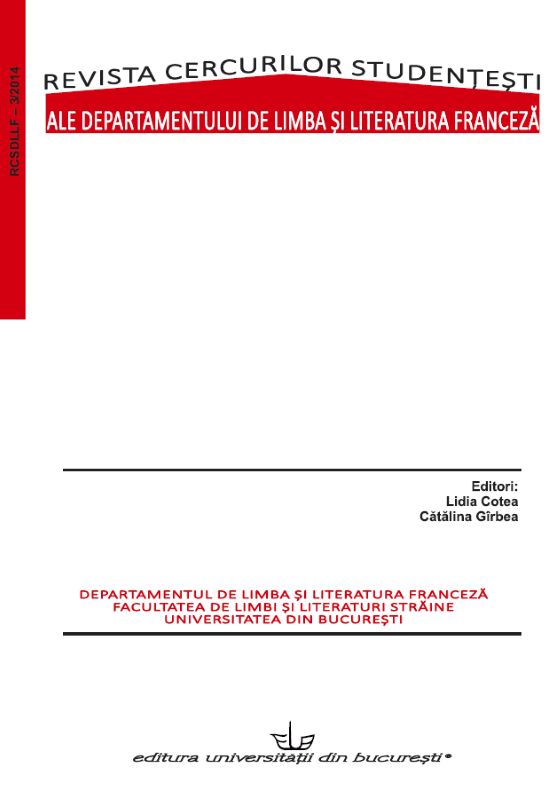
La femme aux souliers de satin/Satan. Les femmes « incommodes » dans l’ancienne France
A brief immersion in the history of mentalities and concepts, this essay follows gradually the different resorts of a specific typology of interaction between men and women-fear, skepticism, cowardice, ignorance oriented the male perception of women in / towards a degrading/downgrading direction. Who are these women who over the time, from Eve, Helen of Troy to Jeanne d’Arc, George Sand or Rosa Luxemburg, broke a pattern-the pattern of the vulnerable, quiet, unable to make decisions- woman? Literature, painting are rich in representations of those we called the deadly beautiful, the frustratingly brave, the erudite, the single or the widow, the remonstrator: women who speak, show themselves, reason and fearlessly defend the product of their reasoning in a phallocentric society.
More...
